The Most Significant Inventions In The History Of Food And Drink
September 15, 2012 in Daily Bulletin
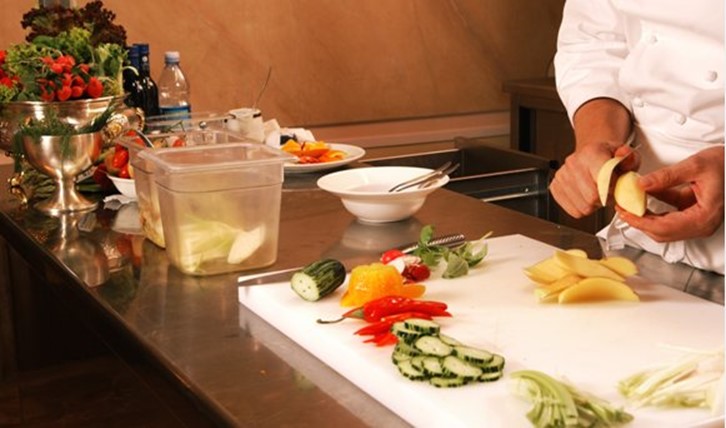
Megan Garber writes that the UK’s national science academy released a list of the 20 most significant inventions in the history of food and drink. Highlights include:
- Ovens. They were first used in 29,000 BC. To cook mammoths.
- Alcohol is important to the British. Three of the items – fermentation, corks, and the barrel – were on the list in part due to their contribution to the production and sale of alcohol.
- Selective breeding. It allowed us to naturally genetically engineer crops and animals to better fit our requirements.
- Refrigeration. The number one invention on the list. It allowed us to preserve food, nutrition and…beer.
Read the entire list here, and find out where the spork stands.
Source: The Atlantic
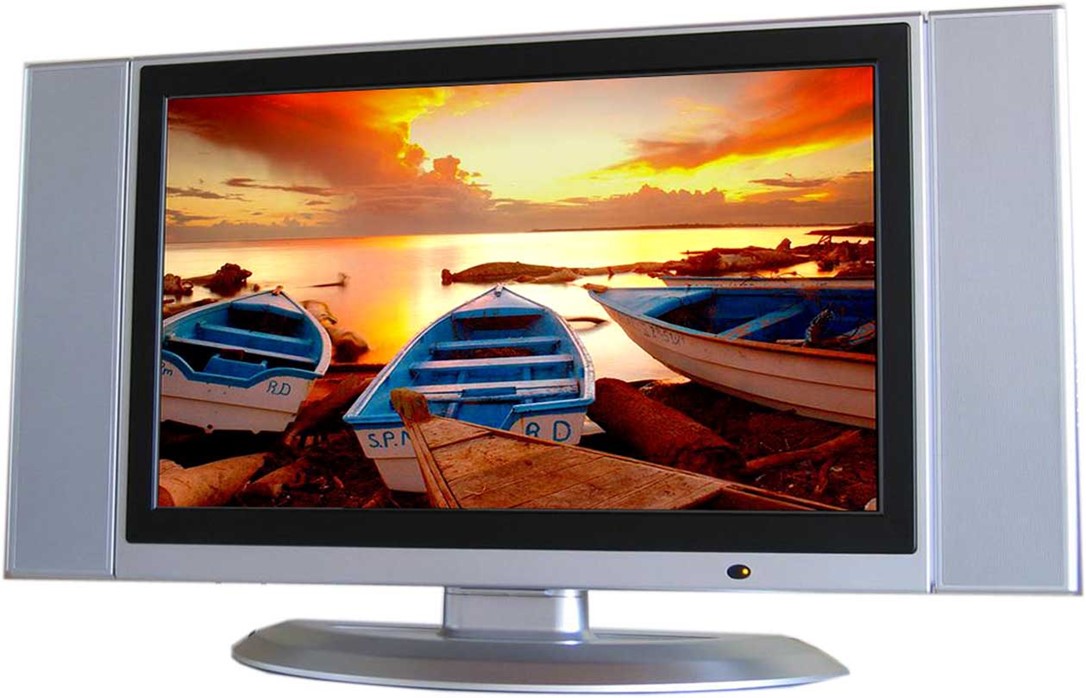
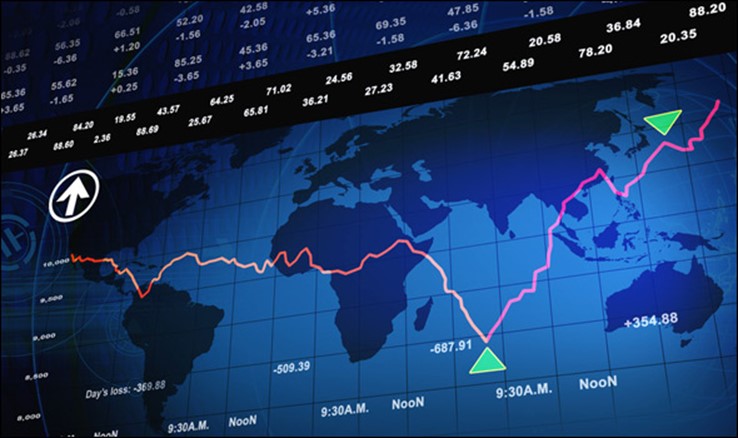
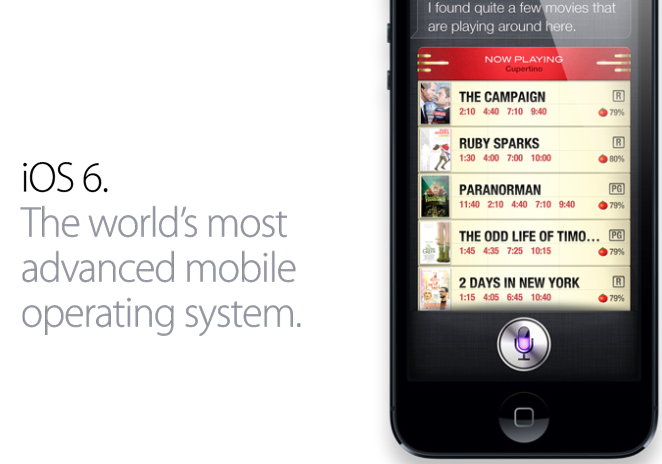


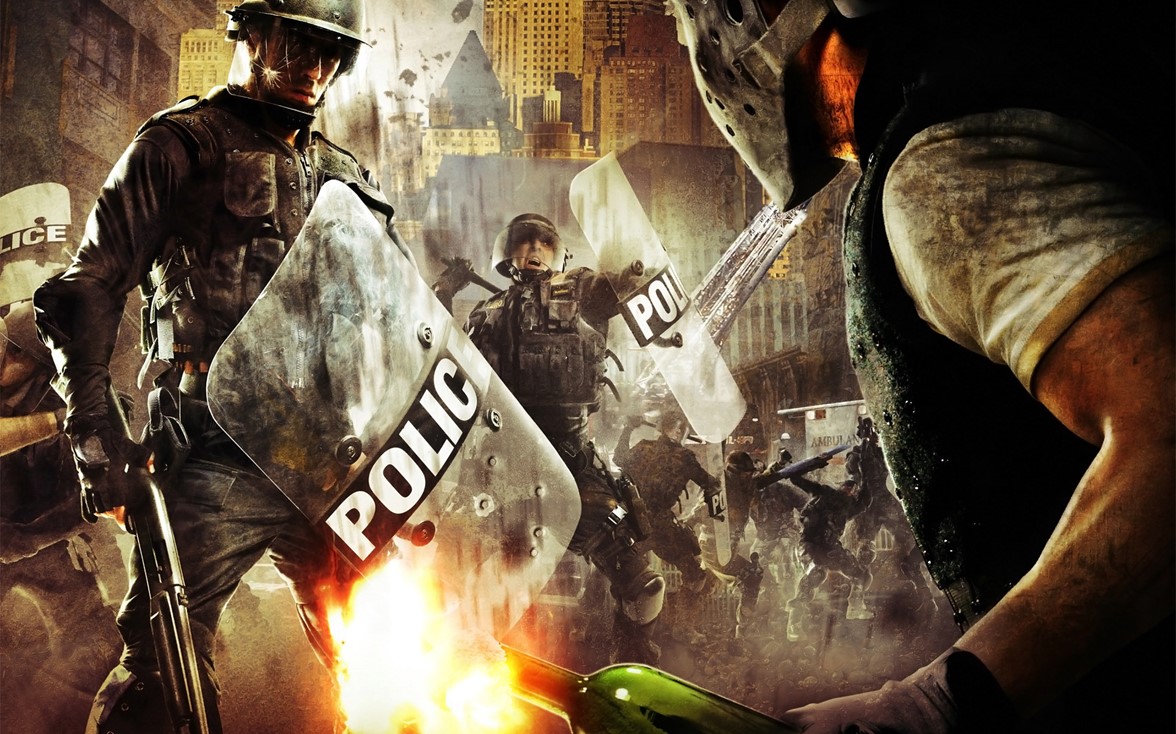

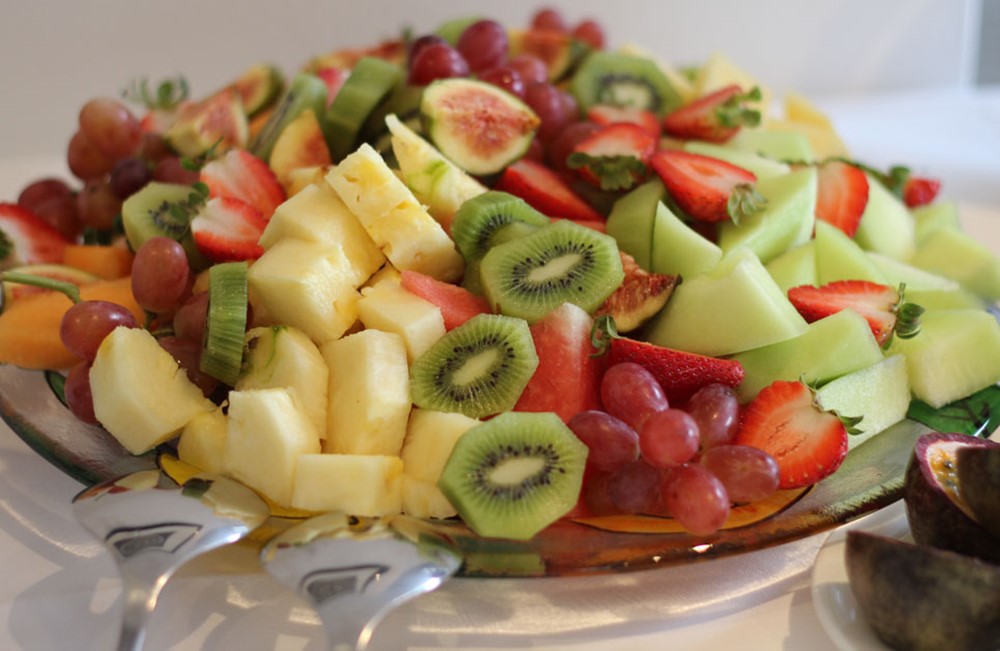
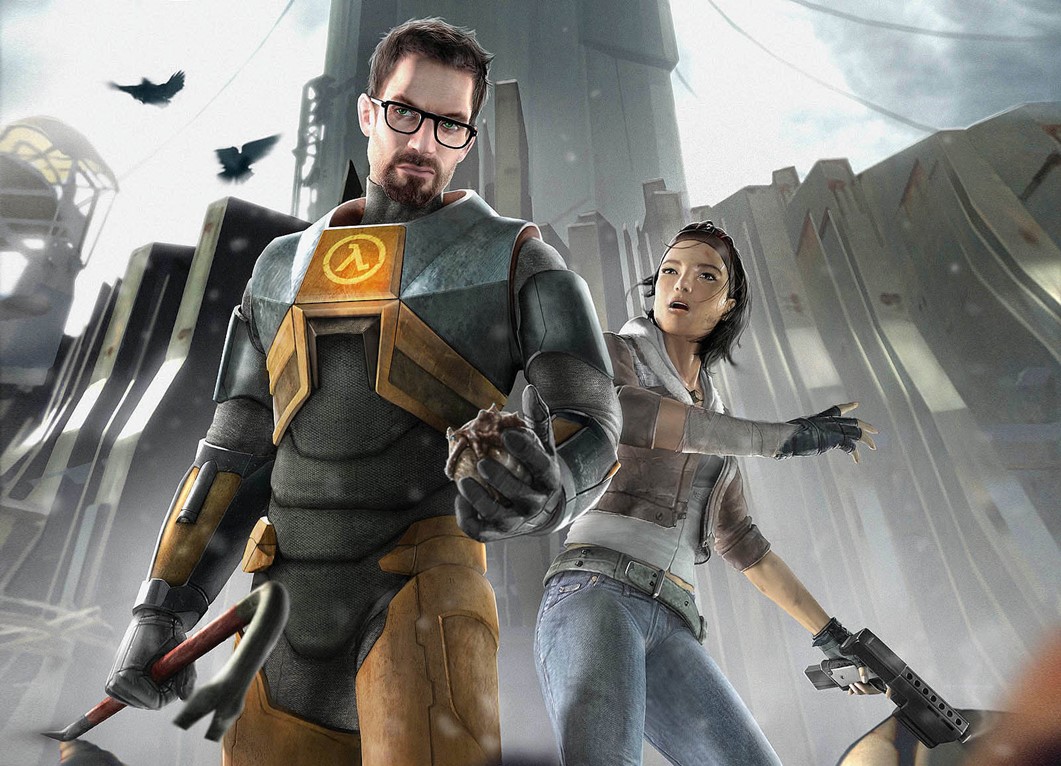
Join the Discussion! (No Signup Required)